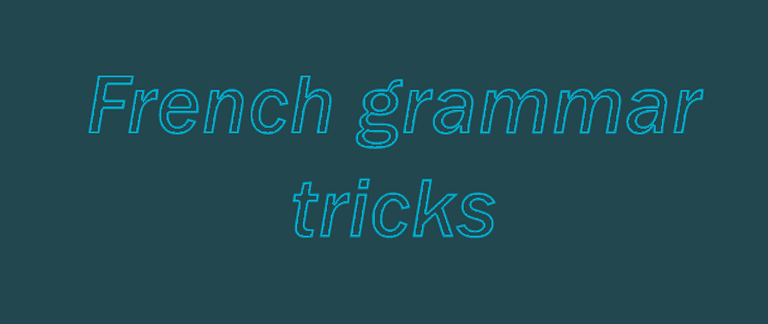
The French language is full of exceptions and nasty rules when it comes to its grammar and orthography. This series of posts will give you some tricks to remember them quite easily.
In this post, we are going to learn a French grammar trick to know if we need to use ou or où.
If you can replace in a sentence ou (or) or où (where) by ou bien (or else), then you need to use ou with no accent.
“Où est mon chien ?” (Where is my dog), would give “Ou bien est mon chien ?” (Or else is my dog?), which does not mean anything (and is grammatically wrong).
In this case, où has to be written with an accent.
“Elle a été à Bordeaux ou à Toulouse” (She has been to Bordeaux or Toulouse), would give “Elle a été à Bordeaux ou bien à Toulouse” (She has been to Bordeaux or else Toulouse, or more correctly: She has been either to Bordeaux or Toulouse).
In this case, ou has to be written with no accent, as the sentence is still correct.
You can also remember the sentence “Où est l’accent ?” (Where is the accent?) to remember that où with an accent means where.
French grammar trick #1: a or à?
French grammar trick #2: One or two Rs?
Don’t forget to upvote this post if you would like me to present other French grammar tricks, and leave a comment if you want me to deal with a specific grammatic point.
If you want to use my French translation or French proofreading services, you can visit me at mancko.com
Nice post I follow you but follow me and Upvote my post please !